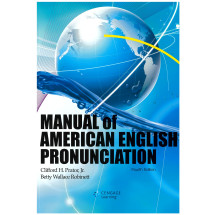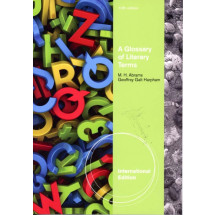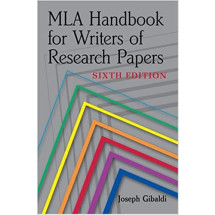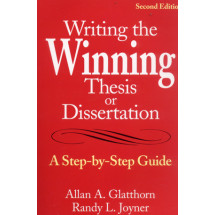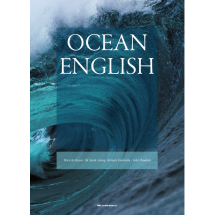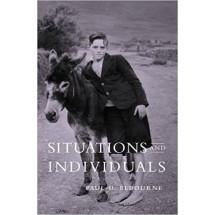Dr. Patricia Richard-Amato, Professor Emeritus at California State University, Los Angeles, coordinated graduate programs in Teaching English to Speakers of Other Languages. She received her PhD in Educational Linguistics from the University of New Mexico where she had the opportunity to work with John Oller, Jr. The two were awarded the Mildenberger Medal from the Modern Language Association for Methods that Work in 1983. Her experience includes 19 years in the public schools and teaching at several TESOL Institutes and Academies in the U.S. and abroad. Her more recent works include Making It Happen: From Interactive to Participatory Language Teaching: Evolving Theory and Practice (4th edition, 2010) and Academic Success for English Language Learners: Strategies for K-12 Mainstream Teachers (with M. A. Snow, 2005). Dr. Richard-Amato has given keynote speeches at institutes and conferences in Slovakia, Argentina, Uruguay, Puerto Rico, and in numerous cities across the U.S.
MEMBER: Teachers of English to Speakers of Other Languages, American Association for Applied Linguistics, the International Research Foundation for English Language Education, American Association of University Women, Amnesty International, Society for the Prevention of Cruelty to Animals, a founding member of the Institute for Language and Education Policy, and a founding member of the Pikes Peak chapter of the United Nations Association-USA.
BELIEFS ABOUT SECOND LANGUAGE TEACHING:
Following theories of Vygotsky, Freire, and many others, Dr. Richard-Amato believes that the field of second language teaching appears to be headed ever closer to the sociocultural end of the teaching continuum. However, she is convinced that aspects of cognitive theory will continue to inform a broader and more inclusive paradigm in which western and nonwestern perspectives are considered.
Although Dr. Richard-Amato believes that method as magical formula will not fit this paradigm, she thinks that method as a resource critically examined can serve as a useful component in the right environments. Although the field appears to have already moved away from grammar/skill-based teaching toward interactive, content-based teaching (including relevant tasks and proficiencies), she argues that explicit grammar and skill instruction appropriately timed will play an important role. In addition, dialogical language testing if properly developed could make testing processes much more like instructional processes.
While emergent participatory language teaching is an increasing presence in many classrooms, she thinks it would be a mistake to define it as a method or an approach. For it transcends both and gets to the very heart of the student-teacher relationship. It can now and in the future involve students more intimately in their own learning. Even more important to the postmodern world that is emerging will be teacher attributes such as openness, willingness to self-reflect, and ability to adapt to local situations/cultures.


